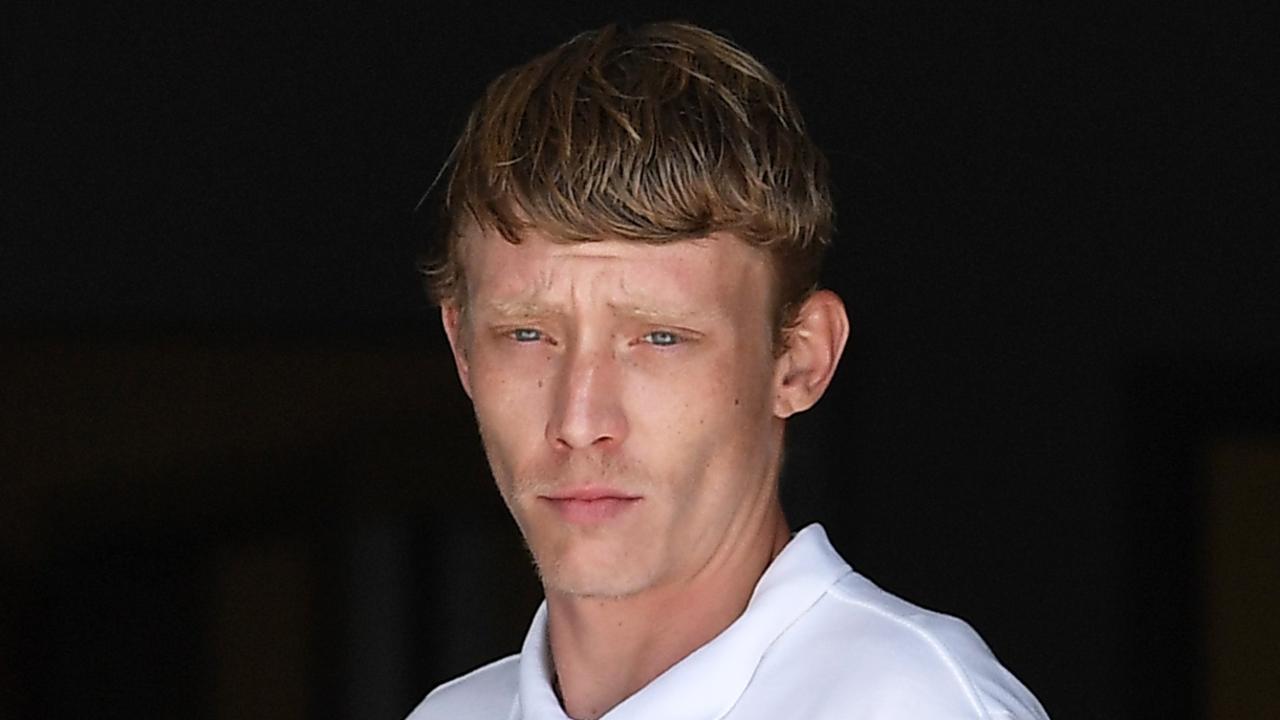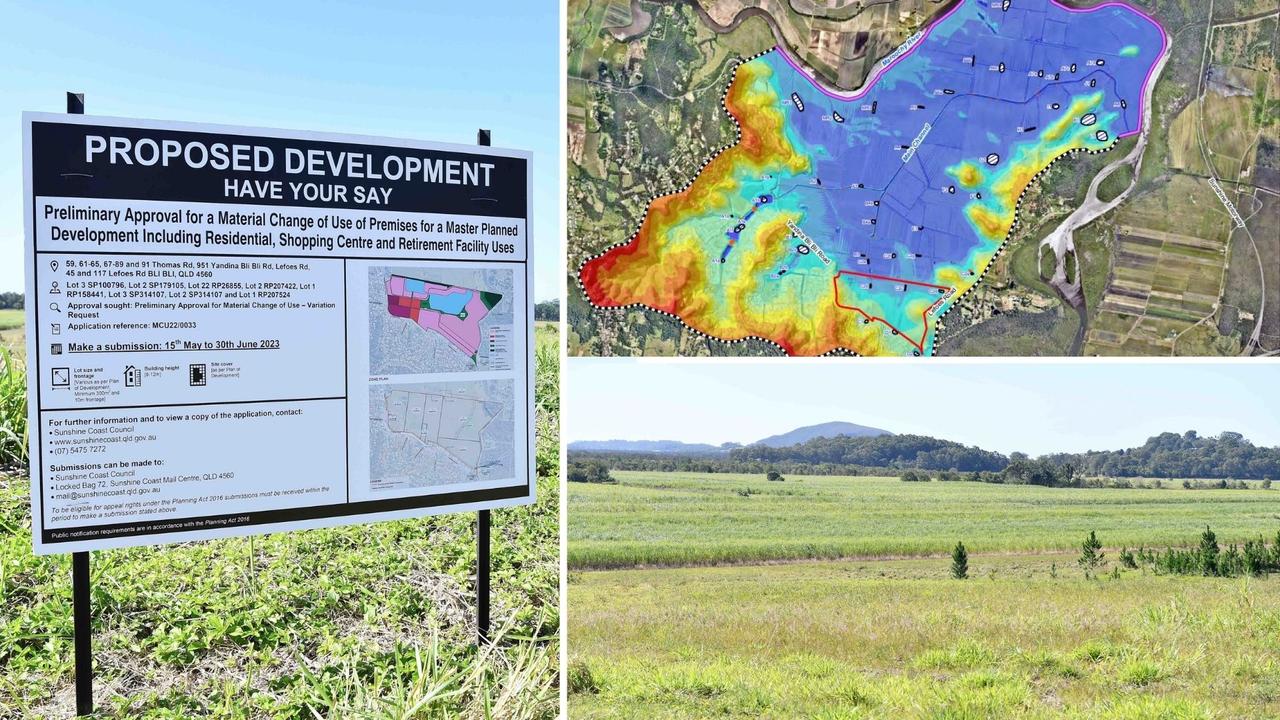Bringing down indigenous workplace hurdles
For National Reconciliation Week, workers are asked to consider what role they can play.

Sunshine Coast
Don't miss out on the headlines from Sunshine Coast. Followed categories will be added to My News.
WORKPLACES willing to create cultural equality are urged to step forward. As organisations address issues such as gender diversity and ageism, workers are reminded Aboriginal and Torres Strait Islanders face their own hurdles and overcoming these not only leads to better workplaces, but a better nation.
For National Reconciliation Week, workers are asked to consider what role they can play.
An alliance between Yarn'n Aboriginal Employment Services and recruitment firm, Randstad Australia and New Zealand chief executive Frank Ribout says they have already placed 40 workers in just three months.
"I'm very conscious of the fact... we have responsibilities to make sure all segments of the population can access roles," he says.
"We are trying to find employers willing to adapt their recruitment process to allow people to present themselves in the best light.
"(We) provide support on an ongoing basis through coaching to make sure if there are issues in their private life, they won't affect their professional life. We make sure they can stay."
Ribout says colleagues can also do their bit to help by not seeing indigenous Australians as one population but a mixture of people from different backgrounds.
Serena Trencher, general manager of remote and regional recruitment company Downunder People, says many companies may be unaware of the benefits of hiring indigenous staff.
"Benefits can include improved staff retention, succession planning, government funding, more easily filling vacancies in remote and regional locations (and) culture knowledge," she says.
Trencher says positions dealing with land rights, indigenous stakeholders and boards are best filled by indigenous workers.
She says there is demand in areas with large indigenous populations for medical skills and experience in indigenous health as well as trade-qualified workers, particularly in refrigeration or commercial cookery.
When indigenous Australian Rebekah Carr moved to Adelaide she came across employment service Maxima and knew she had to get involved.
She made the switch from healthcare to community work, first with an administration role then in recruitment.
"I'm the Jobs4Youth co-ordinator so I recruit for state government and focus on finding disadvantaged young people to fill roles," she says. "There is lots of stigma (around indigenous workers) so it's definitely a passion of mine to get as many indigenous people into employment as possible and close the gap. We have a massive case load of indigenous job-seekers trying to find employment."
Maxima's Vocational Training and Employment Centre program involves analysing skills, updating resumes, action plans, and ongoing mentoring.


